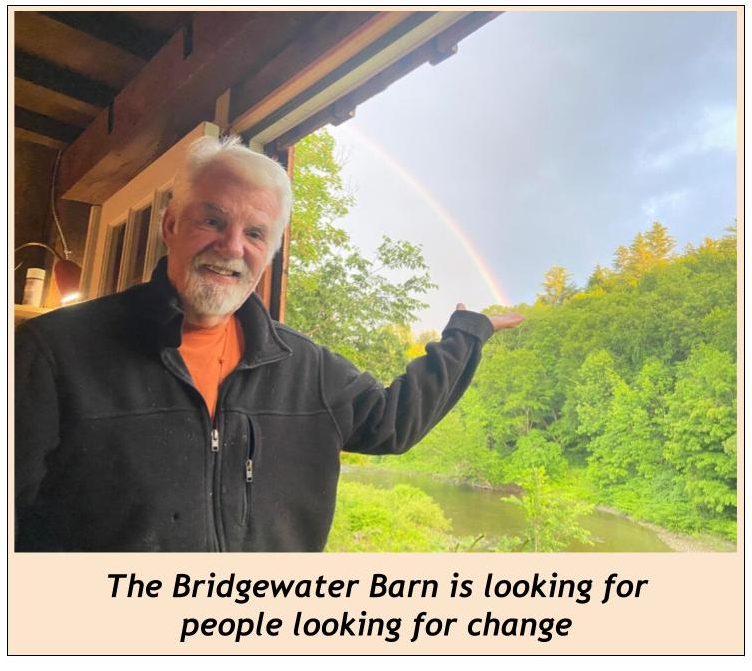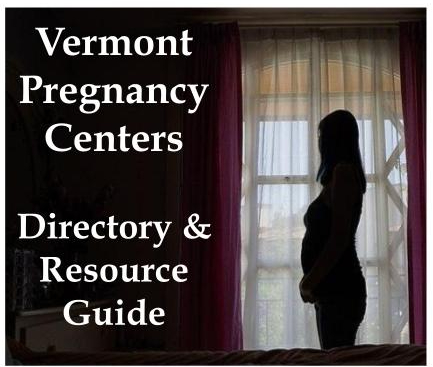
by Aaron Warner
The problem of homelessness in America is plaguing many of its cities. On the west coast from Los Angeles to Seattle the problem is growing. The southwest has similar issues from Phoenix to Dallas. However one city has seen a decline in their homeless since developing a coordinated system that is streamlining intake and services creating the stability many experts say is crucial to ending the crisis in a meaningful way.
Houston, Texas has seen a stunning 54% decline in their homeless population since 2011. At the same time their sister city to the north, Dallas, has dealt with a rapid increase, which has many wondering about the discrepancy. The office of Housing and Urban Development (HUD) is tasked with tracking and recording these trends and offering help in the form of federal funds to areas who are proactively showing improvement. Houston, thanks to its successes, was given $18 million in HUD funding in 2019 alone, while Dallas only garnered as much over a ten year period. Why is HUD favoring Houston? The answer lies in their effectiveness in dealing with homelessness in ways HUD considers worthwhile.
Those close to the situation in Texas note Houston has developed a system of coordination among service providers by way of a digital database they share called the Homeless Management Information System (HMIS). This allows separate service providers a way to see which person or family they are serving, what services are being used and what is recommended or allowed for their particular situation. This efficiency gain gives HUD confidence the Houston service providers will put federal money to good use.
Dallas has copied the Houston model without the same success. Critics note Dallas’ struggle is manifold. Whereas Houston has a strong mayoral executive office, Dallas is mired in committee with the mayor serving more as a board member with far less fiat power. This causes initiatives to be passed around and stalled due to bureaucratic handling of the political football. Though the cost of living is an issue in both cities, Dallas is on par with Los Angeles in terms of affordability and cost of living barriers. Compound this with their changing the interface of their HMIS platform every other year and the problem seems to be one of mismanagement from lack of streamlining services. A few trips down south to be mentored by their sister city would seem to be in order.
Though the number of homeless in each city is more than the population of Hartford, the town is taking the coming crisis seriously. Similarly encumbered by cost of living and housing availability, coupled with the mentally ill and addiction addled finding succor among the good people of the Upper Valley, the Twin Pines housing group sees the Houston model as hopeful.
Andrew Winter is the Executive Director for Twin Pines and was eager to share the history, function and goals of their non-profit. As fellow residents of the area he and his staff see their mission as one of keeping everyone safe with the overall health of the community in mind. When asked to respond to the concerns of the Hartford area residents expressing concern with their proposed eighteen unit housing plan, located off of Route 5 North next to the Episcopal Church and only blocks away from the local elementary, middle and high schools, Mr. Winter was happy to explain the vision of its proponents.
Understanding the concern of parents and other locals he explains Twin Pines is addressing their safety concerns. First by screening applicants for serious offenses, such as sexual crimes or recent domestic violence charges, both of which disqualify candidates, Twin Pines is well aware of who they will offer housing to.
Citing specific numbers and trends Winter seems to have a firm grasp on both the scope and seriousness of the situation. Disabled veterans, economically limited families, single parents, mentally ill and addicted comprise many who qualify as “chronically homeless”, the primary category Twin Pines is hoping to reduce.
“We currently offer 539 apartments for low to middle income residents as well as short to long term housing for the homeless.”
When asked if they have programming in place designed to encourage upward mobility he explains the motivation to improve one’s situation is largely contingent on the stability of their housing situation which is the primary goal of Twin Pines and its affiliate groups.
“Housing stability offers people the peace of mind to begin making the changes necessary to become more productive personally and in the community if that’s their situation. We also have residents as old as 81 who are past the age of productivity who simply need housing.”
Critics of the Hartford project typically center around the safety of the location relative to children, the negative effect on property values, and the assumed inefficiencies of government programs that enable rather than empower.
Winter acknowledges these concerns however he cites the success of Houston, and its adherence to a coordination among service providers, which includes many church based non-profits, as the only proven solution for dealing with a national problem emerging in Hartford. Not deceived by the fact that homelessness will not cure itself, the nature of people to struggle with addiction, mental injuries and simple bad luck, Winter seems laser focused on being proactive about this mission – keeping people in a position to succeed whatever measure possible by housing them.
When asked about utilizing area churches, such as Valley Bible church who initially offered their annex to help this problem, as resources to aid in this effort Winter is surprisingly quiet. It’s not clear if he is uncomfortable commenting or at a loss as to how to include them in the established vision. When pressed to consider the church is called to offer help to those in need “from womb to tomb” as one local pastor put it, Winter’s response is surprisingly terse.
“There’s plenty of opportunity to help.”
Time will tell whether the town, its residents and the church pull together with housing professionals to meet this need.
Categories: Local government








Recent Comments